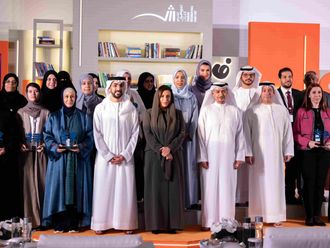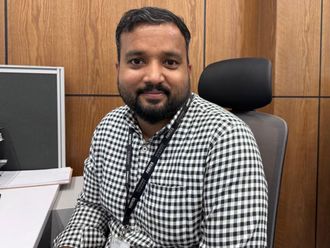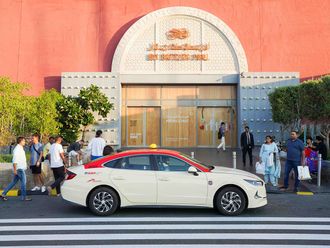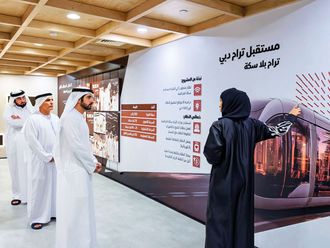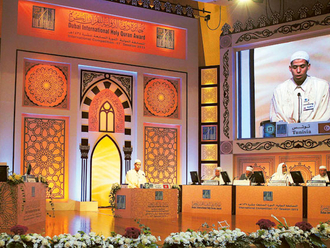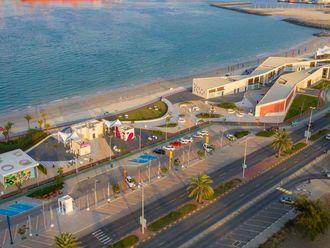Abu Dhabi: A national study that surveyed nearly 2,600 female students across the country has found that nearly 46 per cent of them believe science, technology and engineering (STE) are highly demanding fields that should only be pursued by the gifted.
Dr Georgeta Vidican, assistant professor at the capital's Masdar Institute of Science and Technology (Mist) told Gulf News that in a country where nearly half the working population was female, it was extremely important to change this perception if women were to help with economic development and diversification. Dr Vidican was also the principal investigator of the study.
"Women in the UAE generally perform better than their male counterparts at high school, but the labour force sees a much lower female participation rate, especially in science, technology and engineering," she said.
"For Emiratis, it is often estimated to be as low as 10 per cent. Policymakers and educators, therefore, need to understand and counteract this trend."
Dr Vidican, who is part of Mist's Engineering Systems and Management Programme, conducted the study with two Mist graduate researchers.
They surveyed and interviewed female students on 17 university campuses across the country.
Based on the study's findings, Dr Vidican said there was a low female enrolment in university STE programmes in the UAE.
Construction sector
"Most students are also intimidated by careers in STE due to the widely held idea that jobs are available only in the construction sector, and therefore require a great amount of fieldwork in hot and dusty environments," she said.
Other than the perceived lack of traditionally acceptable careers in STE, other reasons for low female enrolment were a lack of well-rounded STE programmes outside Abu Dhabi and Dubai, and various other social and family pressures. Dr Vidican said it was up to educators to change this perception and stimulate their interest in STE.
"We found that students who eventually pursued STE at university developed interest in the field between 12 and 14 years of age, and mainly because they understood the creative potential in STE careers. Educators need to show students the room for innovation in STE," she said.
It was a positive sign to see that the survey participants didn't believe their male counterparts were necessarily better than women, but it was worrying that they were less sure of their individual abilities, Dr Vidican added.
Key findings
- Women believe that they have to be forceful and aggressive to succeed in STE (science, technology and engineering).
- Female students believe males are natural better at maths and science but that they can overcome this difference with hard work.
- Women in STE pursue the fields mainly because of a personal interest to learn more about them.
- Students educated at private schools are less likely to study in STE.
- Lack of well-rounded STE programmes, unsuitable career opportunities and social pressure are other obstacles to female enrolment in STE.
Source: Dr Georgeta Vidican, Mist


